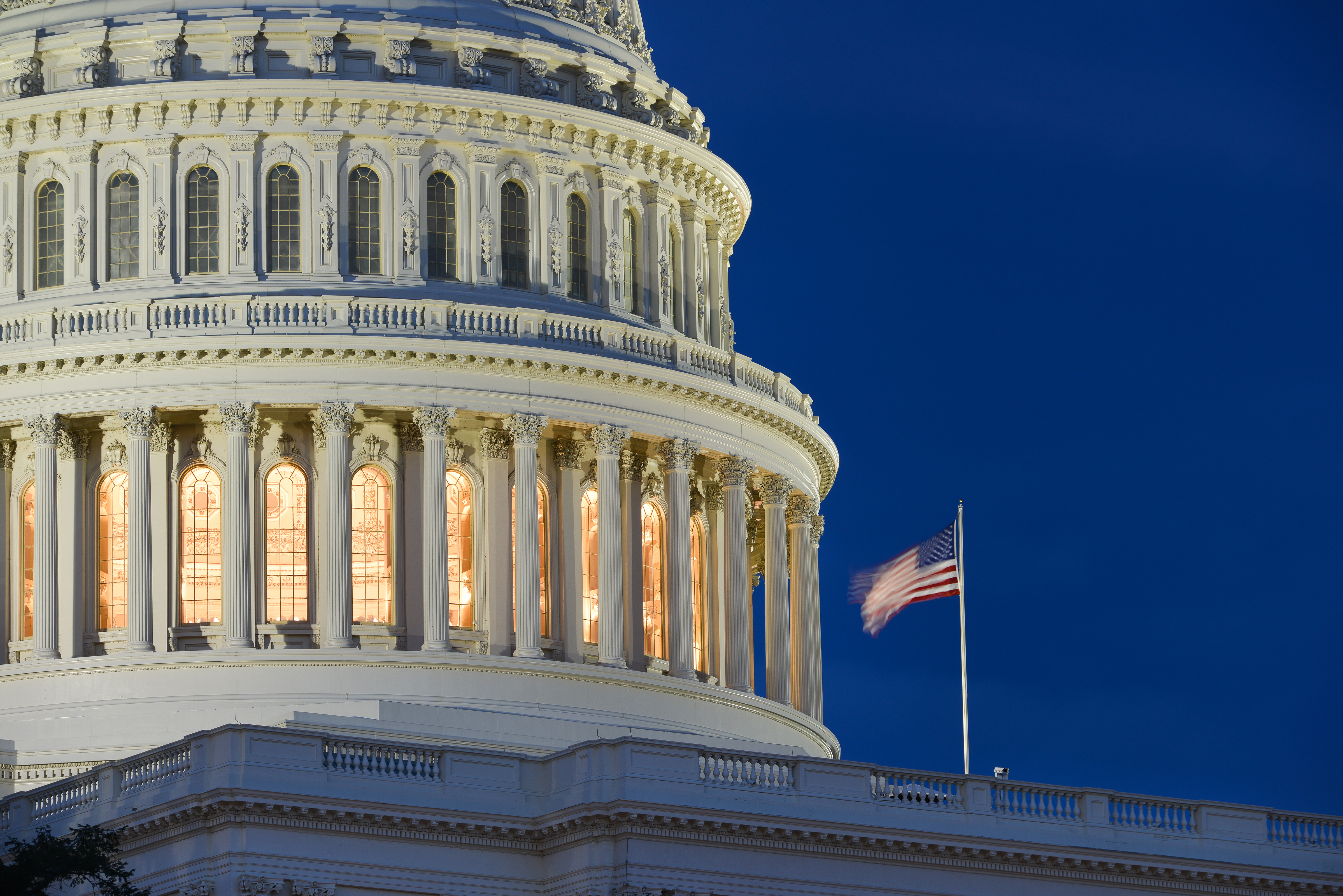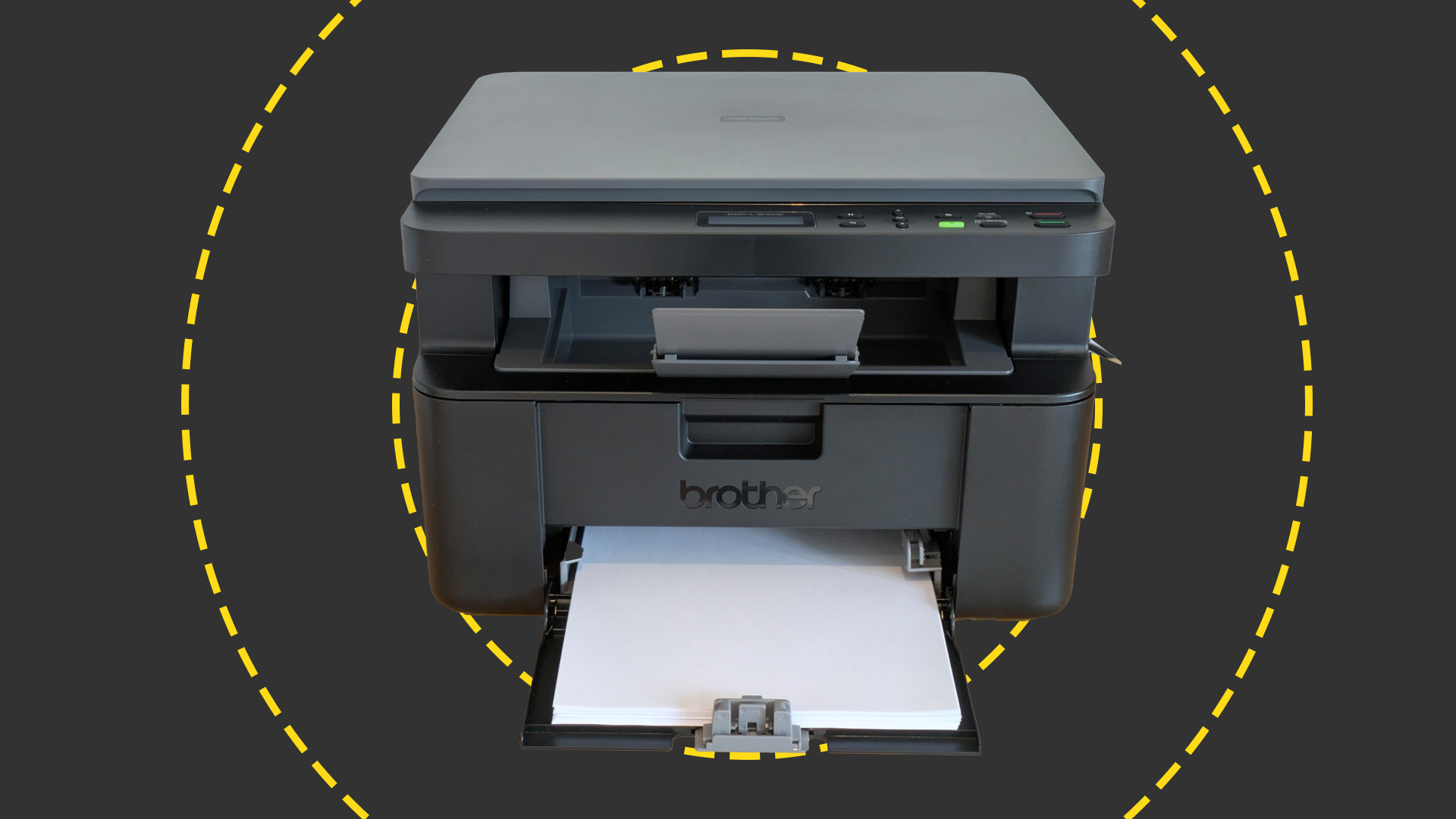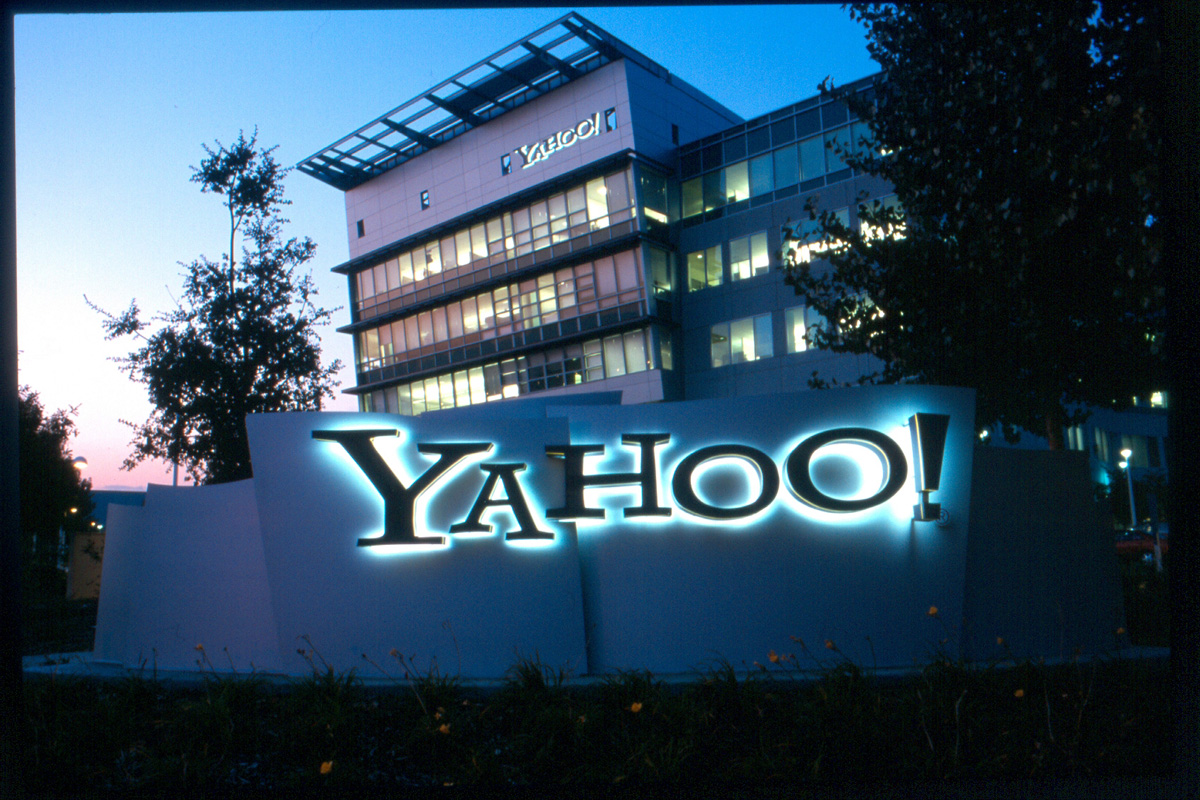Senator Hawley targets big tech with BAD ADS Act
Legislation looks to condition legal protections for online platforms using behavioral advertising

Senator Josh Hawley (R-MO) introduced legislation on Tuesday to condition legal protections for online platforms using behavioral advertising to serve tailored ads to users.
The Behavioral Advertising Decisions Are Downgrading Services, also known as the BAD ADS Act, would ultimately impact protections big tech companies have under Section 230 of the Communications Decency Act.
Section 230, which has faced increased scrutiny since President Trump targeted it in an executive order earlier this year, gives immunity to tech companies hosting user-generated content while also providing protection for taking an active role in moderating content posted to their sites. Though Section 230 is considered a foundational law for tech companies, lawmakers have used the threat of revoking the protections to compel platforms to make recommended changes.
The BAD ADS Act defines behavioral advertising as an advertisement displayed to a user based on their traits, location history, personal information from a profile about the user created for the purpose of selling advertisements or the user’s previous online or offline behavior.
The bill differentiates behavioral advertising from contextual advertising, defining contextual advertising as being based on the website’s content, the user’s current location, or the search terms used to visit the website.
The BAD ADS Acy wouldn’t impact all companies, though. The legislation would only impact companies with either 30 million US users or 300 million users worldwide and $1.5 billion in global revenue.
“Big Tech’s manipulative advertising regime comes with a massive hidden price tag for consumers while providing almost no return to anyone but themselves," Hawley said in a statement.
Sign up today and you will receive a free copy of our Future Focus 2025 report - the leading guidance on AI, cybersecurity and other IT challenges as per 700+ senior executives
"From privacy violations to harming children to suppression of speech, the ramifications are very real. These kinds of manipulative ads are not what Congress had in mind when passing Section 230, and now is the time to put a stop to this abuse,” he continued.
Hawley's legislation isn’t the only Senate bill targeting Section 230. Earlier this month, the Senate Judiciary Committee advanced the EARN IT Act, which would allow federal and state claims to be made against online companies hosting images of child sexual abuse. Critics of the bill say it does little to end child exploitation but would, however, endanger end-to-end encryption.
The Senate Commerce subcommittee with jurisdiction over the internet will also hold a hearing on Tuesday concerning the PACT Act. The PACT Act would require increased transparency concerning platforms’ decisions to moderate users’ content.
Earlier this year, Senator Hawley introduced a bill that would require platforms to add a pledge of good faith to their terms of service too. It would also amend Section 230 to permit users to sue online companies.
President Trump initially targeted Section 230 in May when he directed The National Telecommunications and Information Administration, a subagency within the Commerce Department, to file a petition with the Federal Communications Commission (FCC) to clarify the scope of Section 230.
The subagency filed a petition Monday asking the FCC reinterpret Section 230 to require transparency in how social media companies moderate content to "enable users to make more informed choices about competitive alternatives."
FCC Commissioner Jessica Rosenworcel says the commission should reject the petition.
"The FCC shouldn’t take this bait. While social media can be frustrating, turning this agency into the President's speech police is not the answer," she explained in a statement on Monday.
-
 Can the ‘microshifting’ trend work in the tech sector?
Can the ‘microshifting’ trend work in the tech sector?In-depth Research shows that employees want to break up their working days into short, flexible blocks – here’s how tech leaders can implement what’s being coined as ‘microshifting’
-
 Brother DCP-L1640W review
Brother DCP-L1640W reviewReviews This compact mono laser multifunction looks perfect for home workers, but is its appeal more than skin-deep?
-
 AdBlock Plus wins court case against two German broadcasters
AdBlock Plus wins court case against two German broadcastersNews RTL and ProSiebenSat.1 claim the adblocker's plug-in was 'anti-competitive'
-
 ASA rules against hidden advertising by vloggers
ASA rules against hidden advertising by vloggersNews The ASA has ruled against the use of unclear advertising by vloggers via their YouTube channels
-
 Yahoo acquires video ad platform BrightRoll for $640 million
Yahoo acquires video ad platform BrightRoll for $640 millionNews Deal will help “dramatically strengthen” its own video ad efforts
-
 Facebook acquires Liverail for $500m
Facebook acquires Liverail for $500mNews The online video advertising platform will provide a new revenue opportunity for the social network
-
 BT fibre broadband advert banned
BT fibre broadband advert bannedNews A BT Infinity advert has been banned after the ASA concluded it was misleading.
-
 Most UK surfers against paywalls
Most UK surfers against paywallsNews Over four-fifths of web surfers in the UK would look elsewhere if a previously free website put up a paywall, research has shown.
-
 Digg or bury the ads?
Digg or bury the ads?News Digg has announced it will be piloting a scheme allowing users to dig or bury adverts on the site, affecting the amount advertisers are charged.